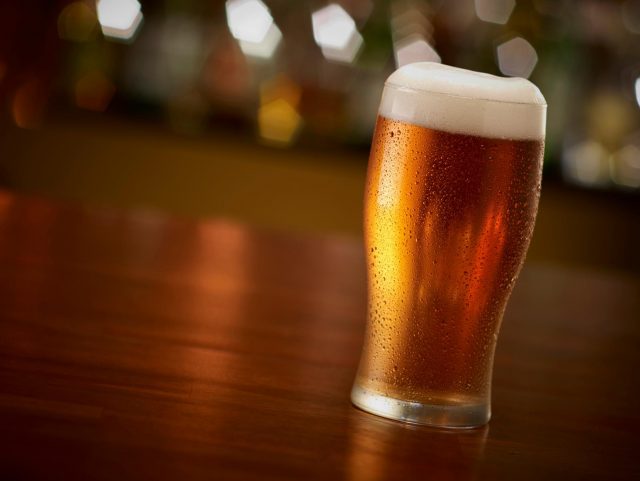
Congresswoman Carol Shea-Porter (NH-01) led a bipartisan group of more than 50 Members of Congress calling on the Food and Drug Administration (FDA) to exempt alcohol facilities’ spent grain from its proposed animal feed regulations.
“Local breweries, distilleries, and farmers around our district and around the country have engaged in this mutually beneficial relationship for hundreds of years,” Shea-Porter said. “Even President George Washington saw the benefits of feeding nutritious spent grains to his own livestock, providing Mount Vernon with feed for 150 pigs and 30 cows. It’s imperative that the FDA’s rules remain focused in their scope, and do not attempt to solve food safety problems that do not exist.”
Spent grain is a natural byproduct of brewing and distilling. It is composed of leftover grains and water from the fermentation process and is often higher in protein content and more nutritious than commercially available feed. For years, breweries and distilleries have offered spent grain to local farmers for little to no cost. Ending this relationship would cause irreparable harm to both the businesses, which would be forced to send their grains to the landfill, and small farms, which rely on spent grains as a cheap and nutritious feed for their livestock.
The FDA’s recent proposed rule would have required alcohol facilities to package their spent grain under the same regulations as commercial feed producers. Rather than paying for this extra expense, many alcohol facilities would be forced to dispose of their feed in landfills. On March 14, 2014 the FDA stated that it would resubmit its proposed animal feed rule after hearing extensively from stakeholders. Congresswoman Shea-Porter is requesting that the FDA exempts alcohol facilities from the animal feed rule.
Full text of the letter and a list of the 54 cosigners is available here.


Be the first to comment